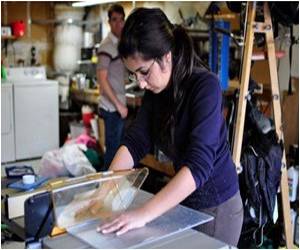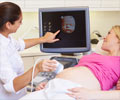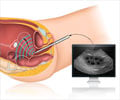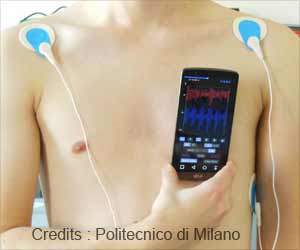Researchers in the MIT have teamed up with surgeons at Boston Medical Center to test a noninvasive method to measure intracranial pressure.

‘An algorithm that estimates intracranial pressure based on two measurements that can be taken non-invasively using ultrasound imaging technology has been developed by Research team from MIT & Boston Medical Center’s Department of Neurosurgery.’





One of the widely used methods is to drill a hole in the skull to insert a catheter or sensor into the brain tissue. The study is supported by a two-year grant from Philips. It will put new ultrasound technology and algorithms into action to analyze intracranial pressure in patients with traumatic brain injuries, strokes, and other conditions.Thomas Heldt, the Hermann L.F. von Helmholtz Career Development Professor at MIT’s IMES, says that, “The current invasive method of measuring ICP is used only in the sickest patients, but knowledge of ICP is potentially important in a much broader population. Our goal is to develop a noninvasive method of measuring ICP that could be used in treating a much wider range of conditions. This project gives us an exciting opportunity to test innovative hardware and modeling techniques at the bedside in real time.”
Heldt also works as an assistant professor in MIT’s Department of Electrical Engineering and Computer Science (EECS).
Heldt’s research team is refining an algorithm that estimates intracranial pressure based on two measurements that can be taken noninvasively using ultrasound imaging technology.
Advertisement













